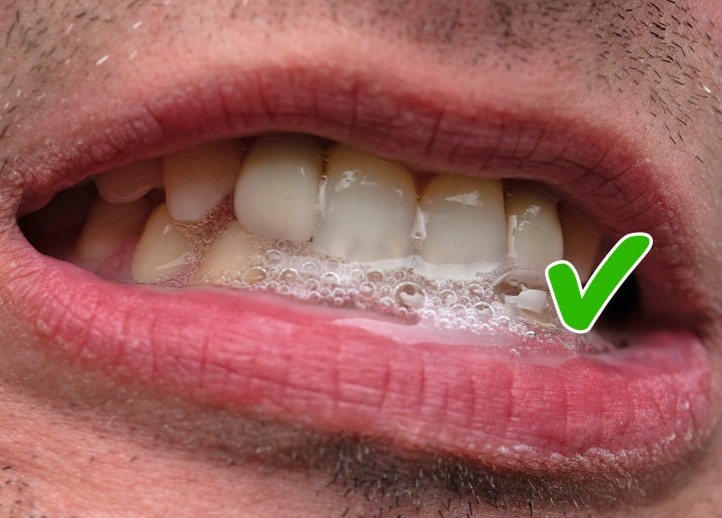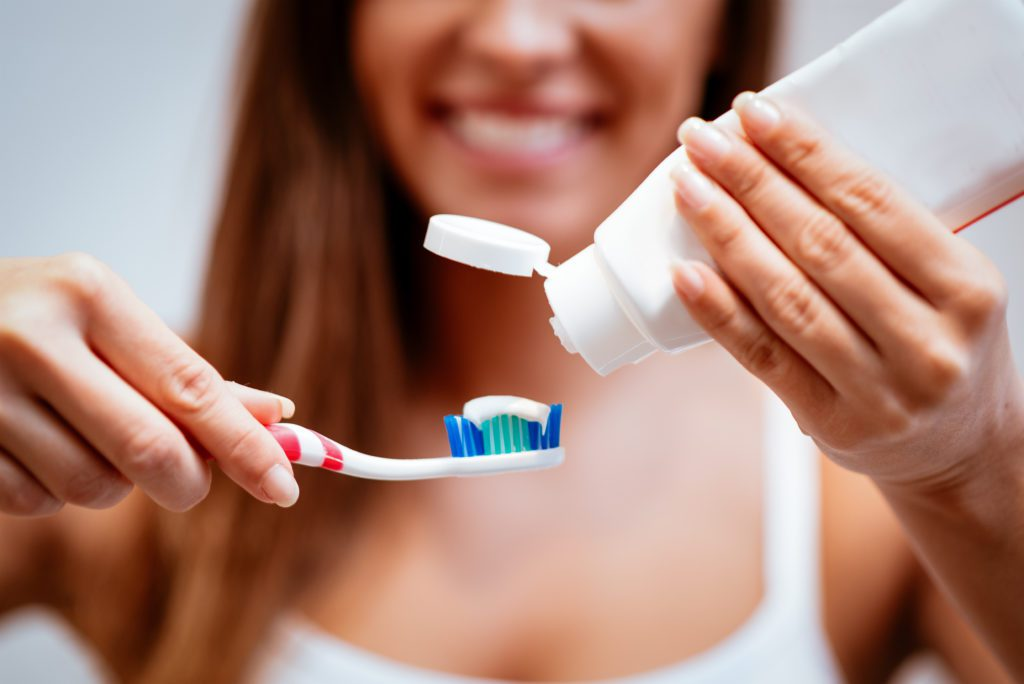Brushing your teeth is a cornerstone of good oral hygiene, but the timing of this daily ritual plays a crucial role in maintaining healthy teeth and gums. Many people brush their teeth immediately after breakfast, thinking it’s the best way to clean their teeth and start the day fresh. However, research shows that brushing too soon after eating, especially certain foods, can actually harm your teeth. Let’s explore why it’s better to brush before breakfast and how this simple shift can protect your pearly whites.
Brushing Too Soon Can Damage Your Enamel

Did you know that the food and drinks you consume at breakfast can temporarily soften your enamel? Citrus fruits like oranges, grapefruit, or even that glass of orange juice are high in acid, which can weaken your enamel. Brushing your teeth while your enamel is in this softened state can cause tiny scratches, wearing down this protective layer over time.
Enamel is your teeth’s first line of defense against decay and sensitivity. Once it’s damaged, it doesn’t regenerate. To prevent this, wait at least 30 minutes after eating acidic foods before brushing, or better yet, brush before breakfast.
Weak Enamel Can Lead to Stained Teeth
We all want that bright, white smile, but brushing too soon after eating can do more harm than good. Enamel, though incredibly strong, becomes more vulnerable when softened by acidic foods or beverages. Brushing immediately can push stains deeper into your teeth, especially if you’ve had coffee, tea, or brightly colored fruits like berries.
When you brush before breakfast instead, you clean away plaque and bacteria that accumulated overnight, giving your teeth a fresh surface to face the day without risking discoloration.
Brushing Right After Eating May Increase Sensitivity
Ever felt a sharp pain in your teeth when sipping something hot or biting into something cold? Tooth sensitivity is a common issue, often caused by weakened enamel. Brushing right after eating can exacerbate this problem, particularly if your breakfast included acidic or sugary foods.
Over time, weakened enamel exposes the underlying dentin, which contains tiny tubules connected to the nerves in your teeth. This exposure is what causes that unpleasant jolt of sensitivity. Brushing before breakfast protects your enamel from unnecessary wear, reducing the risk of sensitive teeth.

Morning Brushing Boosts Saliva Production
Brushing your teeth as soon as you wake up not only leaves your mouth feeling fresher but also stimulates saliva production. Saliva is your body’s natural defense against harmful bacteria—it contains enzymes that break down food particles and neutralize acids that cause cavities.
By brushing before breakfast, you jumpstart this protective process, giving your teeth a head start in fighting off bacteria that might otherwise thrive on your morning meal.
How to Safeguard Your Teeth After Breakfast
If you can’t break the habit of brushing after breakfast, there are steps you can take to minimize potential damage:
- Rinse with Water First: Swish water around your mouth after eating to help neutralize acids and wash away food particles.
- Wait 30 Minutes: Give your enamel time to re-harden before brushing.
- Use a Soft-Bristled Toothbrush: This reduces the risk of scratching or wearing down your enamel.
- Choose Fluoride Toothpaste: Fluoride strengthens enamel, offering extra protection against acids.
Why Brushing Before Breakfast Is Better
When you brush before breakfast, you clear away plaque and bacteria that have built up overnight. This not only refreshes your mouth but also ensures that any food or drink you consume won’t sit on top of existing plaque, which can accelerate decay.
Plus, brushing beforehand prevents the temptation to brush too soon after acidic or sugary foods, protecting your enamel from unnecessary harm.

The Science Behind Morning Oral Hygiene
Our mouths naturally accumulate bacteria while we sleep, which is why many of us wake up with “morning breath.” Brushing as soon as you wake up disrupts this bacterial party, reducing the risk of plaque buildup throughout the day.
When you eat breakfast with clean teeth, your saliva—boosted by brushing—helps break down food and wash away debris more effectively. This combination of brushing and saliva production is your best defense against cavities and gum disease.
Common Breakfast Foods That Impact Your Teeth
Not all breakfasts are created equal when it comes to oral health. Here’s how common morning staples affect your teeth:
- Citrus Fruits and Juices: High in acid, they can weaken enamel if you brush too soon.
- Coffee and Tea: These beverages can stain teeth and create a sticky film that traps bacteria.
- Sugary Cereals and Pastries: Sugars feed bacteria in your mouth, increasing the risk of cavities.
- Toast and Bread: Carbohydrates break down into sugars, which can also contribute to plaque buildup.
Understanding how these foods interact with your teeth can help you make smarter choices for breakfast and oral hygiene.
Tips for a Healthier Morning Routine
To keep your teeth healthy and your smile bright, follow these simple tips:
- Brush First Thing: Use fluoride toothpaste and brush gently for two minutes.
- Floss Daily: Don’t forget to clean between your teeth to remove plaque your toothbrush can’t reach.
- Drink Water with Breakfast: This helps rinse away food particles and neutralize acids.
- Chew Sugar-Free Gum: If you can’t brush after eating, gum stimulates saliva production and helps clean your teeth.
Conclusion: Timing Is Everything for Brushing Your Teeth
Good oral hygiene isn’t just about brushing—it’s about brushing at the right time. Brushing your teeth immediately after breakfast may seem like the best way to keep your teeth clean, but it can actually harm your enamel and increase sensitivity over time. By brushing before breakfast, you give your teeth the protection they need to stay strong and healthy.
So, next time you’re tempted to reach for your toothbrush right after your morning meal, remember: a little patience goes a long way when it comes to preserving your smile.



